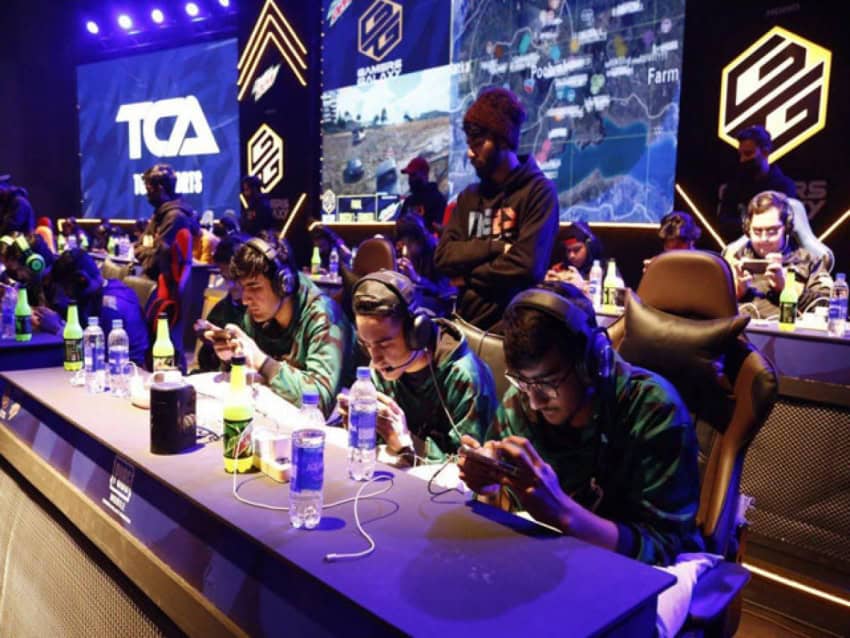Asmad Bin Ali
In a world overwhelmingly shaped by technology and digital entertainment, Esports, or competitive video gaming, has emerged as a formidable cultural and economic powerhouse.
Esports is a short form of electronic sports, refers to competitive video gaming as a form of organized, multiplayer, and professional competition. It involves individuals or teams of players competing against each other in video games, often in a structured and regulated environment, with the goal of determining a winner. Esports transcends being just a mere pastime; it has blossomed into a thriving industry, a platform that hones diverse skills, and a vibrant community that unites people. The question that looms is whether esports should find its place within our educational institutions. This article delves into why esports should be integrated into school curricula, underscoring its myriad advantages for students.
Esports places a strong emphasis on teamwork and collaboration, indispensable attributes for success in today’s interconnected world. Whether strategizing in a game like “League of Legends” or orchestrating maneuvers in “Counter-Strike,” students glean the significance of working harmoniously, effective communication, and mutual support.
Esports transcends mere button-mashing; it’s a crucible for strategic thinking and problem-solving. To excel in games like “Dota 2” or “StarCraft,” students must analyze scenarios, adapt to changing dynamics, and craft effective strategies—skills that are profoundly transferable to real-life situations.
Esports has the potential to stimulate cognitive abilities. Swift decision-making, spatial awareness, and hand-eye coordination are all rigorously tested during intense gaming sessions. These competencies are not only pivotal in gaming but also bear relevance in academics and a plethora of careers.
It fosters a sense of belonging and community, especially for students who may not engage in conventional sports. This inclusive environment can boost self-esteem and social well-being. Esports isn’t confined to playing video games alone; it encompasses casting, analysis, game development, and marketing. Integrating esports into schools can introduce students to potential career paths, rendering education more pertinent to their future aspirations. Esports is not merely about sitting in front of a screen. Professional esports athletes acknowledge the importance of physical fitness. Schools can leverage esports as a conduit to promote a healthier lifestyle, underscoring the need for regular exercise and a balanced diet to maintain optimal performance.
While the incorporation of Esports in schools offers numerous benefits, it also raises some concerns. These include the potential for addiction, excessive screen time, and the necessity for appropriate regulations to ensure that Esports remains an educational tool rather than a distraction. Esports is much more than just a game; it’s a dynamic platform for personal growth and development. It cultivates teamwork, strategic thinking, cognitive skills, and a sense of community. Integrating Esports into school curricula can equip students for the ever-evolving digital landscape and equip them with invaluable skills. While challenges exist, a balanced approach that advocates responsible gaming can unleash the full potential of Esports as a valuable educational instrument. As the world evolves, education must keep pace, and Esports is an opportunity that educators should not overlook. It’s time to elevate education by embracing the power of Esports.














